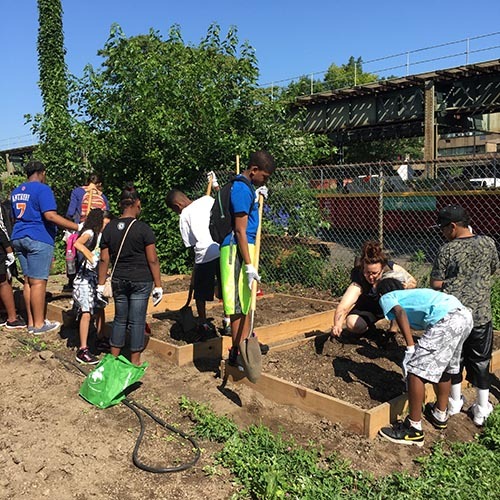
The story has motivated others to explore what else can be done to support the thousands of other educators trying to reach children in difficult communities. Nadia has appeared on numerous national media shows. She was invited to the White House, to speak at Harvard and Yale, and has given a TED Talk on the “Revolution of Education.” She was a top 50 finalist in the 2016 Global Teacher Prize. Additionally, each month she shares her perspectives on the critical issues in our education system as one of The Global Search for Education’s Top Global Teacher Bloggers.
What does it take for principals and teachers to reach children in our most troubled communities? It is my great pleasure to welcome Nadia Lopez to The Global Search for Education.
You founded a school to strengthen a community. Your work has inspired a nation. What would you like readers to take away from your book?
I want readers to walk away understanding that education requires a holistic approach and should not be solely measured by assessments. There are beautiful challenges faced when teaching children, especially those who live in disadvantaged communities, but with conviction, faith, and ingenuity we can cultivate brilliance and provide hope for the future.
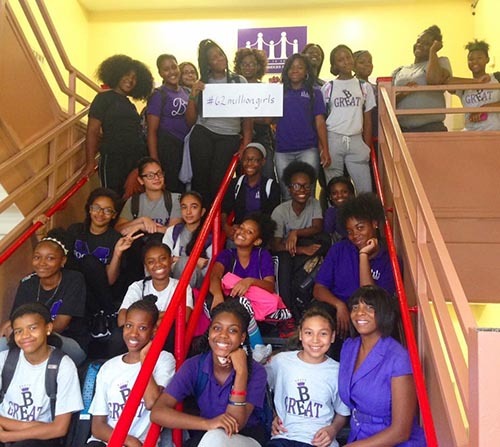
Brownsville is notorious for being a difficult environment for educators. What are the factors that make it challenging to raise children successful in academics?
There are a myriad of issues that present challenges to children achieving academic success in Brownsville. This community has the highest rate of unemployment, teenage pregnancy, HIV/AIDS, and various health risks (hypertension, asthma, cholesterol, cancer, diabetes). Post-traumatic stress issues related to abandonment, abuse, and poverty exacerbate mental issues that go untreated such as depression, schizophrenia, bi-polar, and anger that can make the focus on learning extremely difficult.
The students of Mott Hall Bridges are almost all Latino or African-American; they are often growing up in environments of poverty and violence. What made you driven to work with young people who are too often neglected and forgotten?
I grew up in Crown Heights, Brooklyn, where poverty and violence was just as normal as it is in Brownsville. But I had the privilege of being taught by passionate and dedicated teachers, who saw beyond race and socio-economics. They were always in pursuit of providing a quality education that would empower and inspire children. They were the examples in my life that drove me to work with young people who have been neglected and forgotten, and believe that they are invisible in this world.
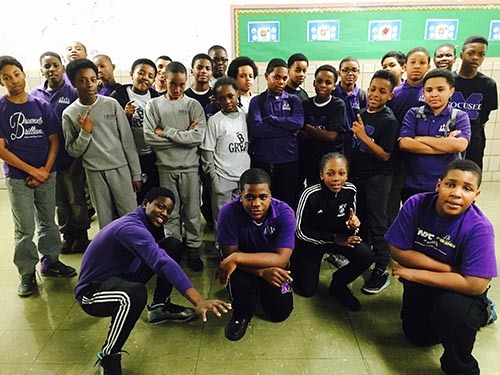
How do we do better nationally to inspire young black and brown students to believe in their own capacity for success?
Black and brown students view their capacity of success based on what they are exposed to in school, their community, and the media. Changing the narrative from poverty, crime, and violence associated with black and brown children, to inventors, pioneers, and creatives responsible for starting business, impacting the tech industry, and developing inventions, reinforces their potential of success. And offering 21st century classes such as social justice, horticulture, entrepreneurship, coding, and arts programs. Children must also be able to see themselves in other people and taken to places where they should know they belong, which is why our scholars take field trips to college. I have also designed programming that connects professionals to our classrooms throughout the year. For instance, Digital Day allows people of color in digital and tech spaces to share their journey to their career and how they have overcome adversities to lead within their industries. Our young men participate in ‘I MATTER’ that gives them access to mentors who are men of color pioneering within law, fashion, entertainment, STEAM careers, and entrepreneurship. For our girls, we offer ‘She is Me,’ a program that provides a safe space for sharing personal stories, networking with women who are successful within their communities and their careers, as well as conferences on topics that impact their social well-being.
What can we do to close the school-to-prison pipeline? What are ways that our system reinforces the failures of these wonderful young people?
Children from disadvantaged communities who are assessed with culturally and socio-economically biased exams are likely to reflect low achievement, which impacts their promotion, opportunities of taking advance placement classes, and preparation for colleges and careers. As a nation, we should focus on the pre-K to college pipeline, which sets the pathway for our children and their future. Taking children on field trips to visit high schools and colleges plants the seeds of where they can go and where they belong. This would also bridge communication amongst educators across grade levels to analyze the gaps that exist within our education system, to identify the resources that are needed at each level to ensure the success of children and to prepare them for college and future careers. We need a holistic approach to measure the whole child, not just an assessment that does not take into consideration growth and progress over time.
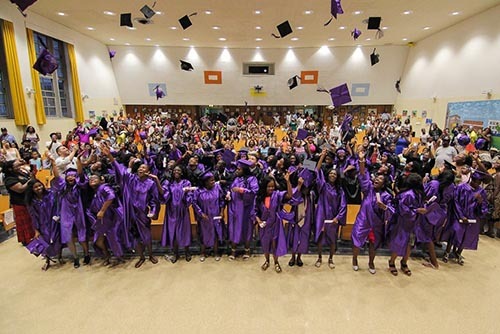
What needs to be done outside of school and outside of the classroom to support students in unstable financial situations to succeed in the classroom?
Children from unstable financial situations need to be taught financial literacy to better understand the value of and how to manage money, along with saving while they are young. Because the average income in Brownsville is $28,000, all scholars in seventh grade at Mott Hall Bridges Academy take a year-long entrepreneurship program. The purpose is to ensure that they learn how to create their own goods and services that have the potential of becoming a business that can provide income for the scholars and support their families. Lastly, mentorship is essential to providing access beyond the classroom and surrounding community. Children who are exposed to careers and landscapes of opportunity can see possibilities beyond the limitations they have been conditioned to accept as normal.
What would you impart to young teachers from upper/middle class backgrounds who are coming into places like Brownsville, Bed-Stuy, and the South Bronx? What do they need to know about the young people they are working with that they might not immediately understand?
Children from disenfranchised communities are survivors of circumstances most adults would not be able to handle; therefore, you are not here to “save them”. Working in Brownsville means you are here to educate and inspire scholars by exposing them to possibilities and building their knowledge. What most people from upper/middle class backgrounds fail to do is actually learn about the community by engaging with the people, walking through the neighborhood, and observing the overwhelming disparities that exist in communities like Brownsville. When you are confronted with what it looks like to live in a disenfranchised neighborhood, it forces one to reflect and ask, “Who is responsible for this and what do I need to do to make it better?”
(Photos are courtesy of Mott Hall Bridges Academy)
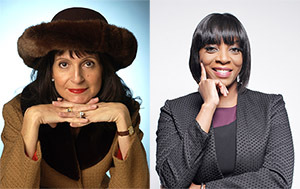
Join me and globally renowned thought leaders including Sir Michael Barber (UK), Dr. Michael Block (U.S.), Dr. Leon Botstein (U.S.), Professor Clay Christensen (U.S.), Dr. Linda Darling-Hammond (U.S.), Dr. MadhavChavan (India), Professor Michael Fullan (Canada), Professor Howard Gardner (U.S.), Professor Andy Hargreaves (U.S.), Professor Yvonne Hellman (The Netherlands), Professor Kristin Helstad (Norway), Jean Hendrickson (U.S.), Professor Rose Hipkins (New Zealand), Professor Cornelia Hoogland (Canada), Honourable Jeff Johnson (Canada), Mme. Chantal Kaufmann (Belgium), Dr. EijaKauppinen (Finland), State Secretary TapioKosunen (Finland), Professor Dominique Lafontaine (Belgium), Professor Hugh Lauder (UK), Lord Ken Macdonald (UK), Professor Geoff Masters (Australia), Professor Barry McGaw (Australia), Shiv Nadar (India), Professor R. Natarajan (India), Dr. Pak Tee Ng (Singapore), Dr. Denise Pope (US), Sridhar Rajagopalan (India), Dr. Diane Ravitch (U.S.), Richard Wilson Riley (U.S.), Sir Ken Robinson (UK), Professor Pasi Sahlberg (Finland), Professor Manabu Sato (Japan), Andreas Schleicher (PISA, OECD), Dr. Anthony Seldon (UK), Dr. David Shaffer (U.S.), Dr. Kirsten Sivesind (Norway), Chancellor Stephen Spahn (U.S.), Yves Theze (LyceeFrancais U.S.), Professor Charles Ungerleider (Canada), Professor Tony Wagner (U.S.), Sir David Watson (UK), Professor Dylan Wiliam (UK), Dr. Mark Wormald (UK), Professor Theo Wubbels (The Netherlands), Professor Michael Young (UK), and Professor Minxuan Zhang (China) as they explore the big picture education questions that all nations face today.
The Global Search for Education Community Page
C. M. Rubin is the author of two widely read online series for which she received a 2011 Upton Sinclair award, “The Global Search for Education” and “How Will We Read?” She is also the author of three bestselling books, including The Real Alice in Wonderland, is the publisher of CMRubinWorld, and is a Disruptor Foundation Fellow.
Follow C. M. Rubin on Twitter: www.twitter.com/@cmrubinworld


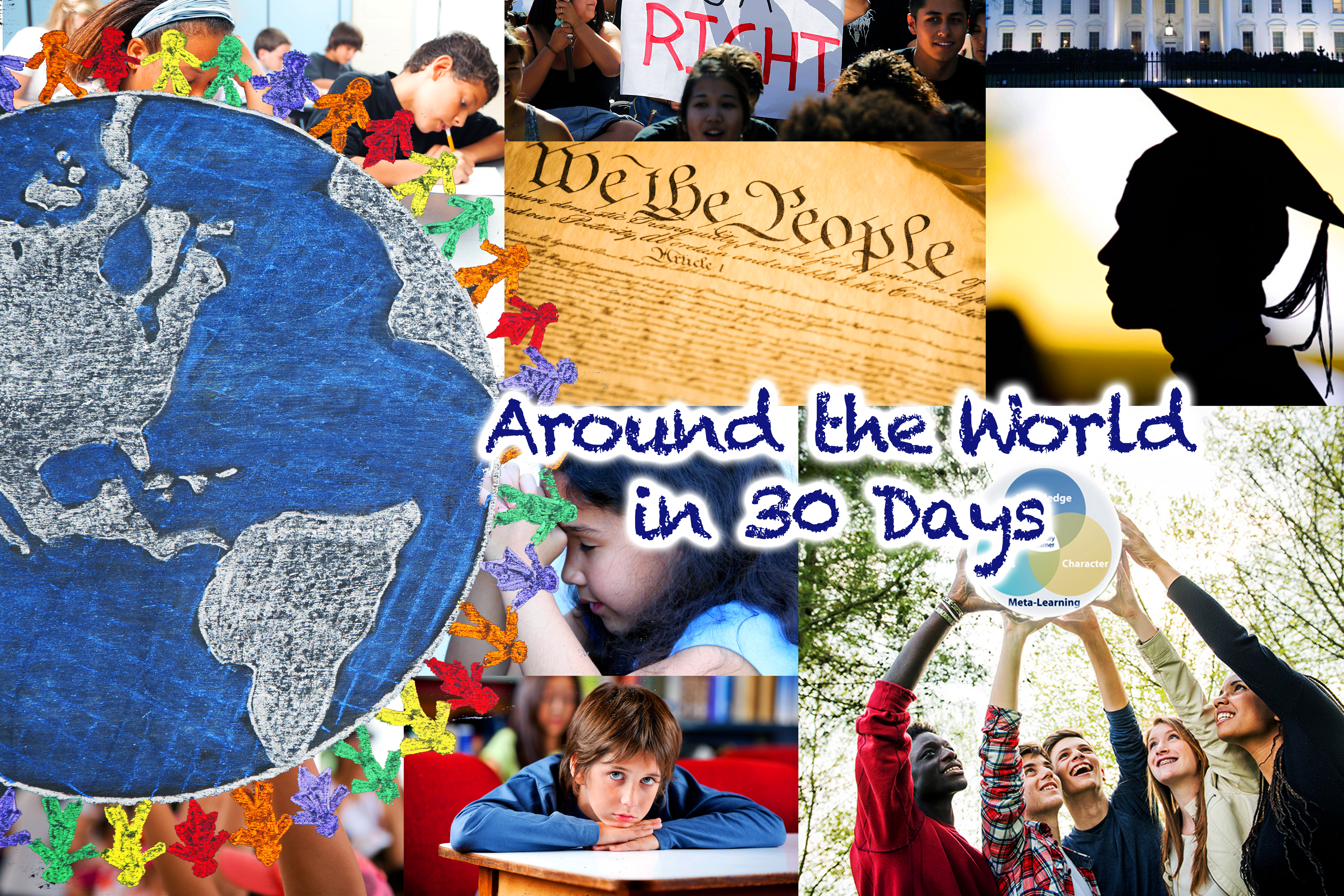

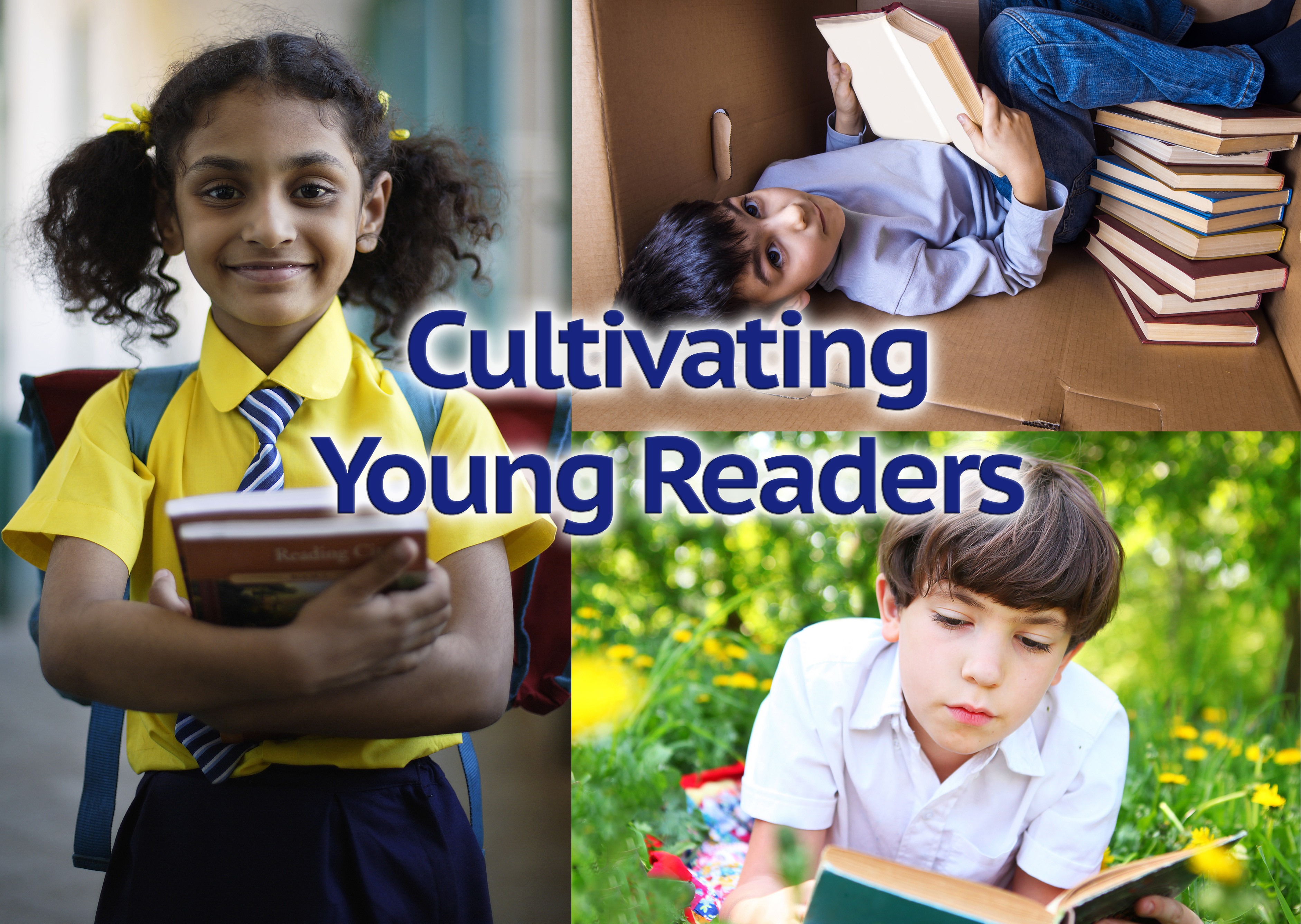
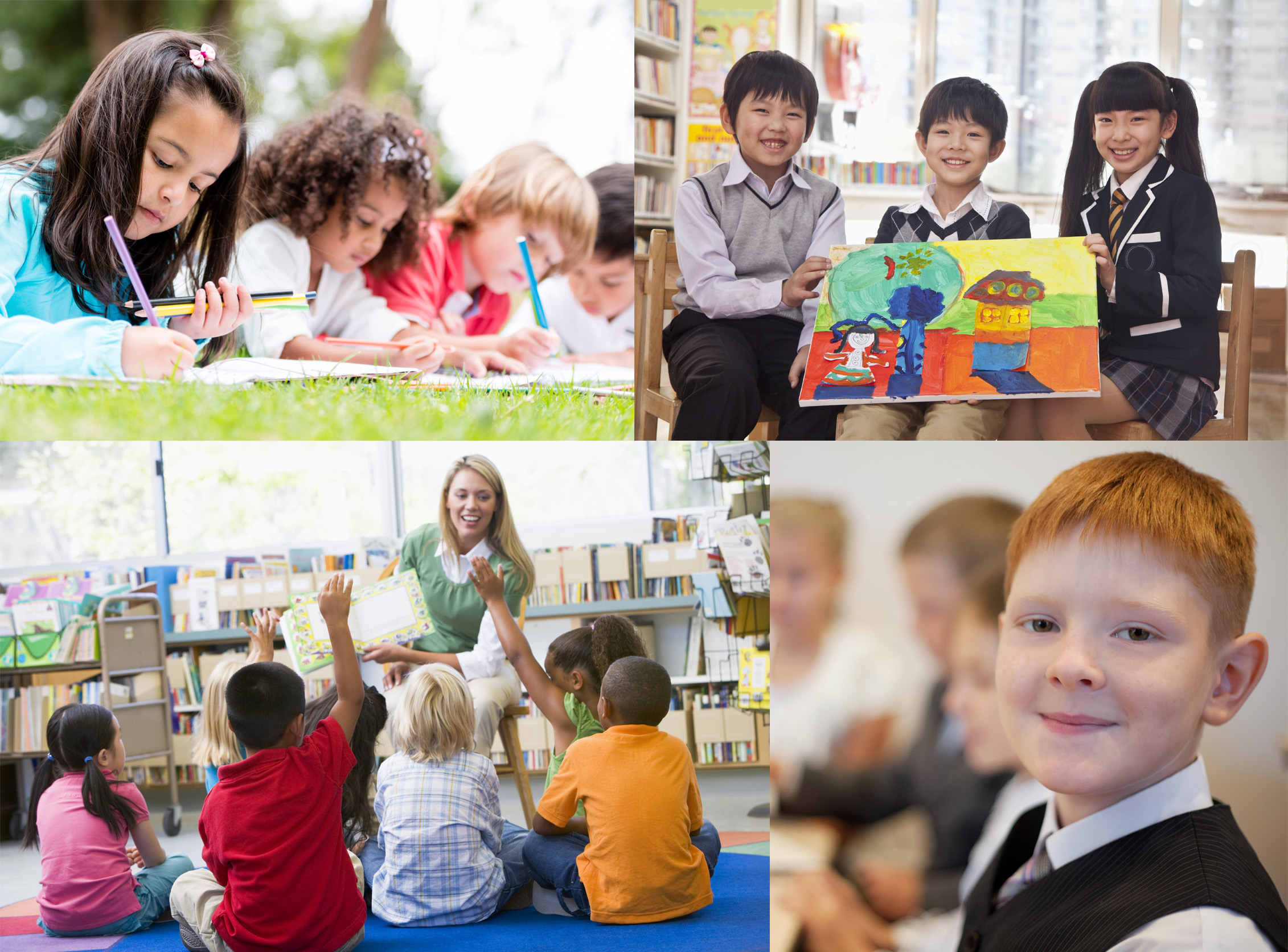
Recent Comments